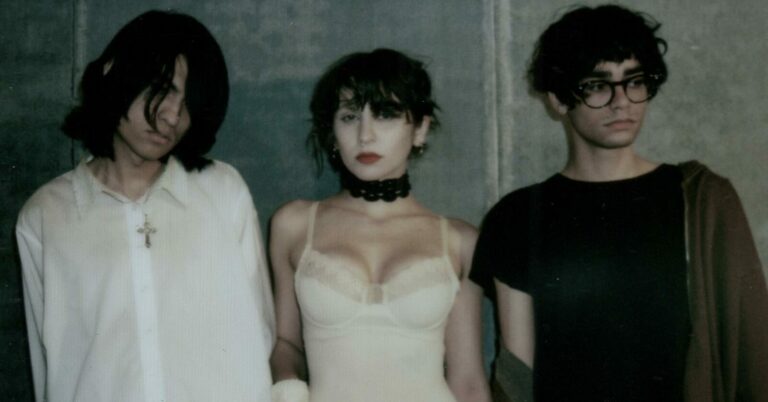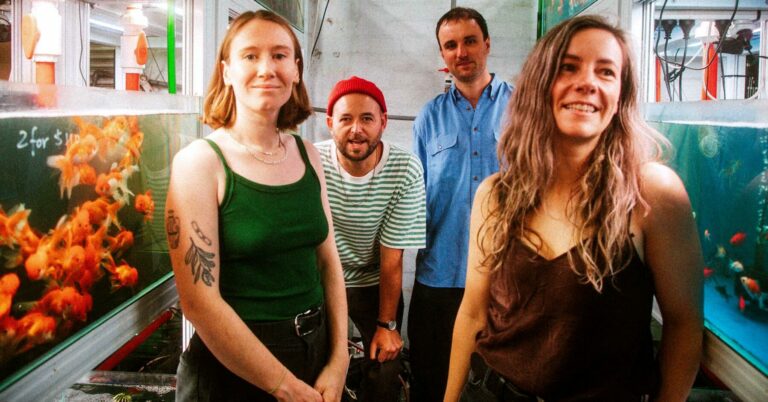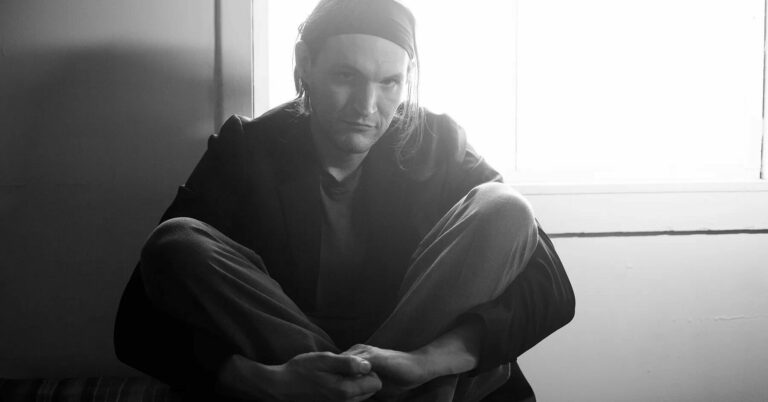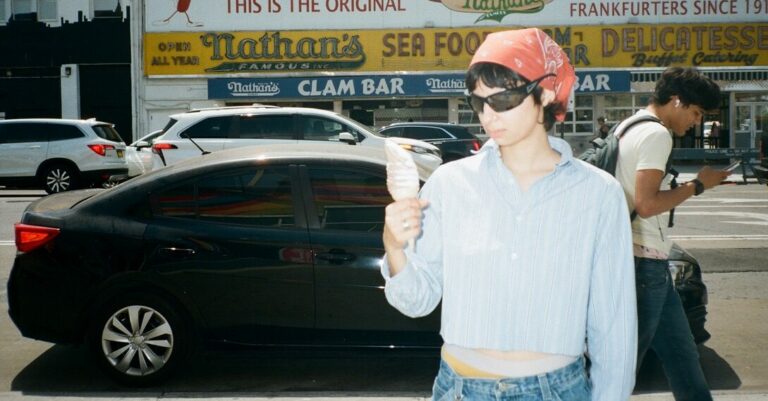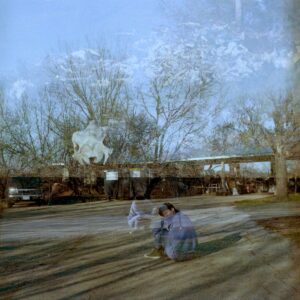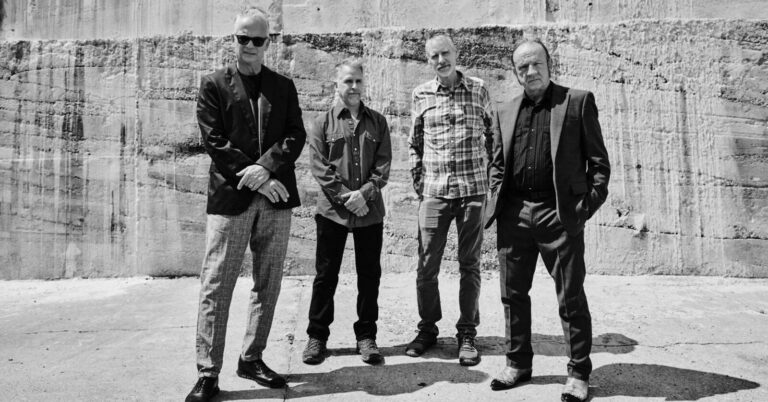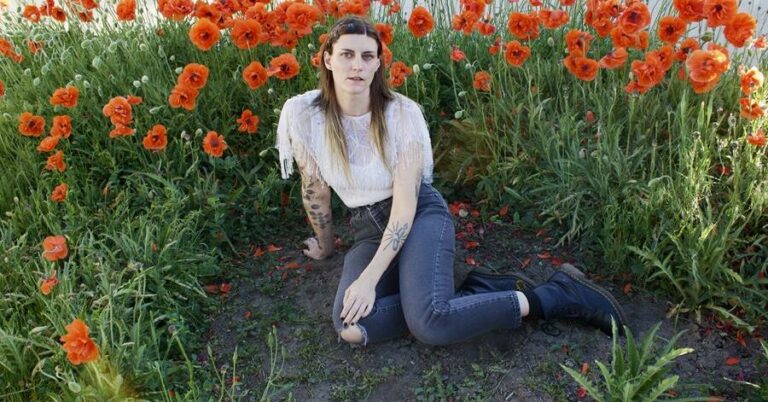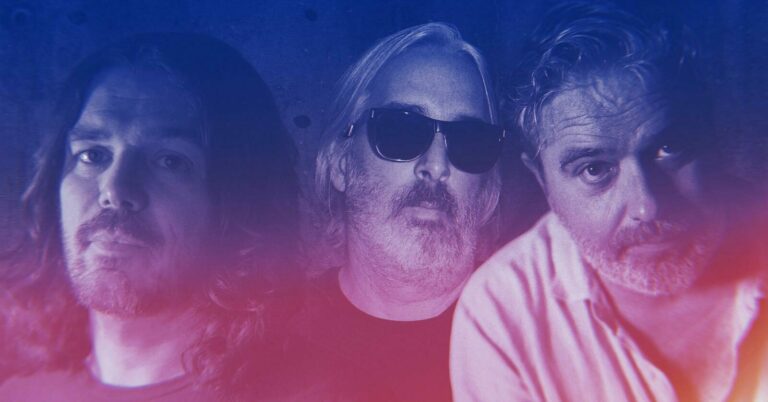Xinyue Song embarked on her educational journey at the School of Visual Arts in New York, where she completed her degrees in Graphic Design and Computer Arts. Upon graduating, she discovered a profound interest in illustration, which significantly shaped her career path. She has collaborated with prestigious clients such as The New York Times, Converse, Adidas, Greenpeace, Cartoon Network, and W Hotel. Her artwork, characterized by vivid colors and inventive compositions, frequently explores themes centered around women and everyday life, offering viewers a visually striking experience.
Can you trace back to the moment when your interest in illustration first began to manifest?
While I was studying graphic design and computer arts, I always enjoyed creating, but it wasn’t until I finished school that I truly fell in love with illustration. I started seeing it as a powerful way to tell stories and connect with people on everyday themes, especially those related to women’s lives. This realization really shaped my path, leading me to work with amazing clients and dive deeper into topics that I’m passionate about.
Where do you draw your inspiration from?
Most of my inspiration comes from everyday stuff—objects I see, things I experience. Small details often spark ideas. For example, my work “Beads” uses the imagery of beads to discuss societal constraints on women, inspired by the everyday limitations I observed affecting women. This work also reflects my attempt to address serious topics like gender equality through an engaging, approachable art style.
You’ve mentioned that a lot of your work focuses on themes related to women. Could you share some examples?
Sure, my series “Waiting” is a good one to talk about, and it was recently shortlisted in the Communication Arts illustration competition. It’s all about the experience of waiting, particularly from a female perspective, exploring the strength and complex emotions behind waiting. Women are often expected to exhibit more patience in many aspects of life, whether in career progression or personal matters. This series captures those quiet, often overlooked moments, aiming to convey that waiting is more than just passing time—it’s a reflection of deeper emotional states and attitudes towards life.
How does cultural diversity influence your work?
I have a deep appreciation for traditional Chinese art, and I really enjoy blending ancient patterns and techniques with modern styles in my illustrations. My work often focuses on East Asian women, differing from traditional aesthetic stereotypes of delicate and graceful femininity. I strive for them to have a strong, powerful physique, as well as greater mental strength. By integrating influences from different cultures, I aim to showcase this burst of inspiration in my work.
In what ways do you keep your creative approach fresh and evolving?
Working on commercial projects has been crucial for honing my skills and expressive abilities. In these collaborations, maintaining my unique artistic style is essential. At the same time, I also strive to ensure that my work effectively communicates the commercial content’s needs, finding a balance that fits both my style and the message I want to convey. I’ve been fortunate to work with some well-known brands, where juggling these aspects is always a key challenge.
Additionally, over the past few years, I’ve continually enriched my experience by participating in competitions and exhibitions. Winning some awards and receiving nominations from contests like AI-AP, ADC, and Communication Arts has been a great way to elevate my profile and prove my capabilities.
Looking forward, what are your aspirations for the future?
I am eager to further my illustration career by creating artworks that are both emotionally resonant and commercially viable. I also plan to host my own illustration exhibition to showcase pieces that deeply resonate with audiences. This endeavor is a personal exploration for me, and I look forward to sharing my journey and expertise with a broader community of art enthusiasts through my work.



